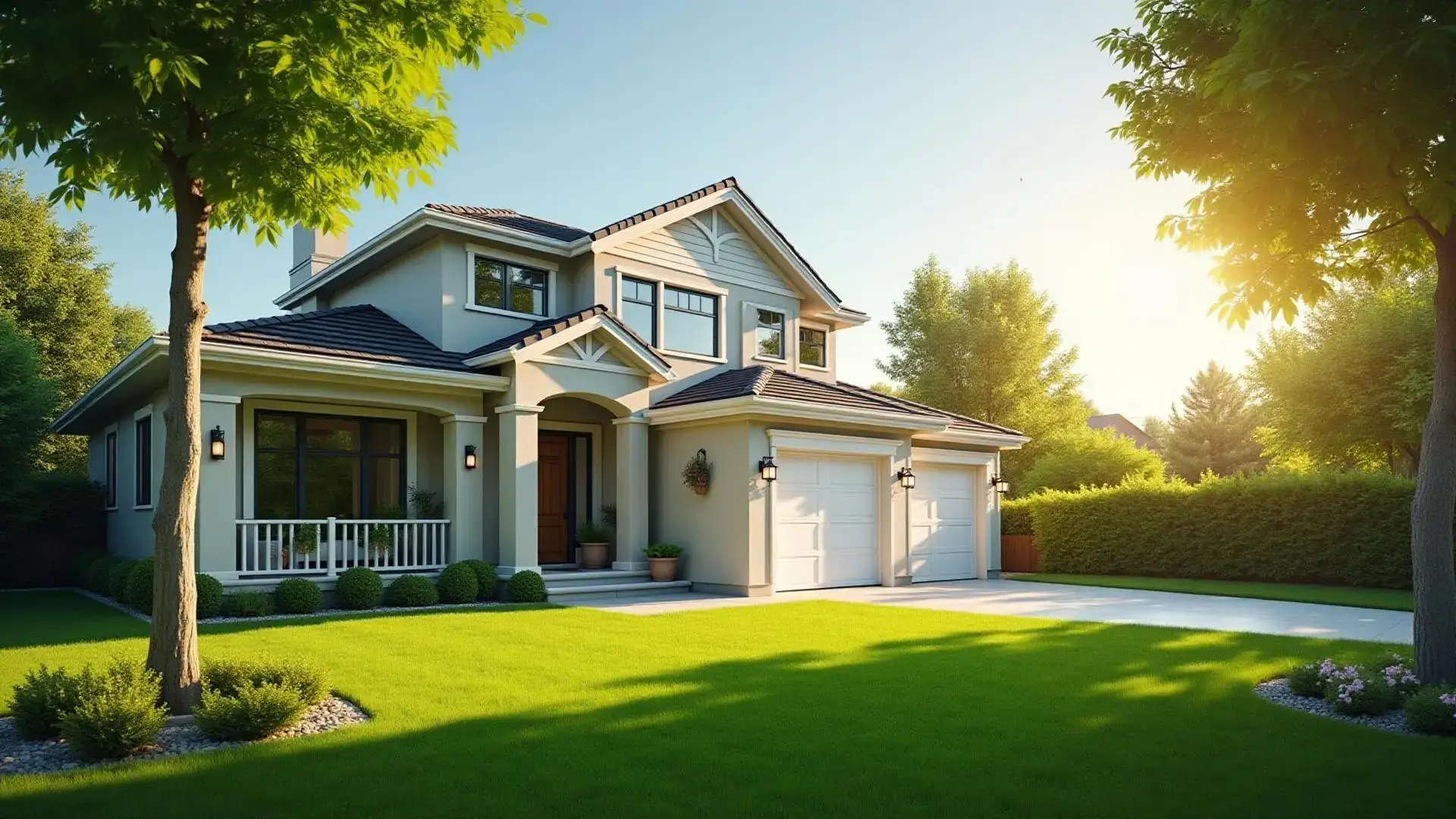Why Choose Us
We believe in putting our customers first with professional, eco-friendly pest control services.
Eco-Friendly
Safe, environmentally responsible solutions that protect your family and pets.
Visible Results
Proven methods that deliver effective, long-lasting pest control results.
Professionalism
Knowledgeable, friendly staff dedicated to solving your pest problems.
Quality
Superior service at an affordable price for complete peace of mind.
Our Services
Comprehensive pest control solutions for apartments, houses, and family homes.
General Pest Control
Comprehensive treatment for ants, spiders, roaches, and other common household pests.
Termite Treatment
Protect your home's structure with professional termite inspection and treatment.
Rodent Control
Effective removal and prevention of mice and rats from your property.
Bed Bug Treatment
Complete elimination of bed bugs with proven treatment methods.
Mosquito Control
Reduce mosquito populations and enjoy your outdoor spaces again.
Preventive Services
Regular maintenance to keep your home pest-free year-round.
Frequently Asked Questions
Find answers to common questions about our pest control services
